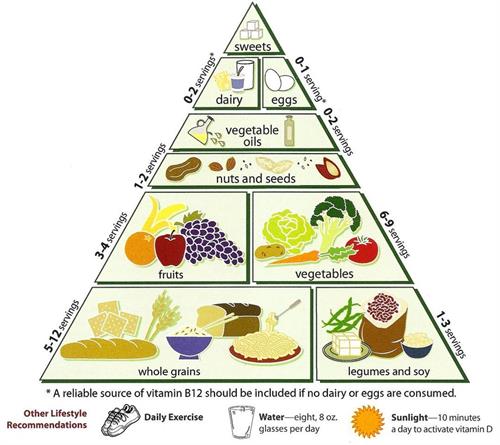In a bold call to action, Dr. Patricia Ukegbu, Head of the Department of Human Nutrition and Dietetics at Michael Okpara University of Agriculture, Umudike, has advocated for the urgent inclusion of adolescent nutrition in Nigeria’s National Policy on Food and Nutrition (NPFN). She emphasized that addressing the nutritional needs of adolescents is essential for reducing long-term stunting and achieving national nutrition security.
Speaking at the first-quarter coordination meeting of the National Committee on Food and Nutrition (NCFN) held in Auta-Balefi, Nasarawa State, Dr. Ukegbu highlighted the policy gaps in the current NPFN, especially regarding adolescents aged 10 to 19.
Adolescents Left Behind in National Nutrition Policy
Delivering a presentation titled “Integrating Gender-Responsive Adolescent Nutrition Considerations into the NPFN,” Dr. Ukegbu also a Policy Fellow of the Gender Responsive Agriculture Systems Policy (GRASP), an initiative by African Women in Agricultural Research and Development (AWARD) pointed out that the 2016 NPFN lacks specific provisions targeting adolescents, particularly younger adolescent girls (10–14 years) and boys across the full age range (10–19 years).
While the existing policy focuses on children under five and women of reproductive age, she noted that adolescents are significantly underrepresented in nutrition-focused interventions.
“The policy does not adequately engage adolescents in strategies tailored to their unique nutritional needs,” Ukegbu stated.
Call for Gender-Responsive, Adolescent-Focused Strategies
Dr. Ukegbu urged a comprehensive review of the NPFN to integrate gender-responsive strategies that address the nutritional disparities faced by adolescents. Her recommendations included:
- Setting clear objectives and measurable targets for adolescent nutrition.
- Promoting adolescent involvement in nutrition policymaking.
- Strengthening education around healthy dietary practices.
- Expanding school-based nutrition programs and support services.
She emphasized that improving adolescent dietary behaviors is crucial not only for individual health outcomes but also for national development, as adolescents make up a significant portion of Nigeria’s future workforce and parenthood demographic.
Existing Opportunities and Ongoing Challenges
Dr. Ukegbu also highlighted opportunities for strengthening adolescent nutrition through Nigeria’s current legal and policy frameworks. Programs like school feeding, food fortification, and biofortification offer viable platforms for integrating adolescent-focused interventions.
However, challenges persist, including:
- Inadequate diets and malnutrition among adolescents
- Lack of gender-responsive policies and nutrition programs
- Insufficient data disaggregated by age and gender on adolescent nutritional status
Most existing interventions, she noted, are primarily centered on reproductive health, overlooking other critical areas of adolescent well-being.
Support from Other Nutrition Experts
Prof. Ngozi Nnam, a public health and pediatric nutrition expert at the University of Nigeria, Nsukka, echoed the importance of a life-cycle approach to nutrition. She emphasized that adolescence is a second window of opportunity after early childhood to correct nutritional deficits.
“If nutrition is properly addressed during adolescence, it can help reverse some earlier-life deficiencies,” Prof. Nnam said.
“Strategically investing in adolescent nutrition ensures a healthier, more productive population and safeguards the well-being of future generations,” he added.
A Multi-Sectoral Call to Action
The event drew participation from key stakeholders, including representatives from the Federal Ministry of Budget and Economic Planning, the Federal Ministry of Agriculture and Food Security, civil society organizations, and development partners. The consensus was clear: adolescent nutrition must become a national priority to achieve long-term food and nutrition security in Nigeria.

